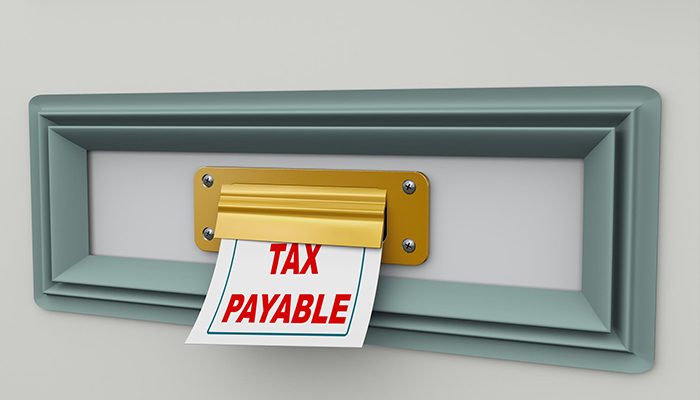
Receiving any communication from the IRS can easily result in sleepless nights. There are numerous letters and notices that may come to your mailbox and they often bring anxiety and stress with them. On the one hand, there is a fear that you will soon be saying goodbye to your hard-earned money; on the other hand, the IRS could take more than just your savings account. But, as they say, with the right approach no mountain is too high to climb. Moreover, if you have received an IRS notice or letter then the last thing you should do is ignore it. To help you address the situation in the right manner, in this article, we discuss all you need to know about an IRS notice or letter. Read on.
What does an IRS Letter or Notice contain?
An IRS communication will provide the reason why the agency is making the contact and it will furnish instructions on how to address the issue. If you receive an IRS Letter or Notice and if you agree with the information they provide, you may not have to take any action. But it is advisable to always verify the authenticity of the letter or notice. You should go to the IRS’s website and search for the notice (CP) or letter (LTR) number, typically mentioned on either the top or the bottom right corner of the correspondence. If you can’t find any information about the letter on the IRS’s website, contact the agency at directly at 800-829-1040.
If you don’t understand or if you disagree with the message you received, then you should seek out an attorney with IRS experience right away.
Blog Related Post: Reasonable Causes for IRS Penalty Abatement
For what reasons can the IRS send a correspondence?
The IRS can contact a taxpayer for any number of reasons. These include but are not limited to:
- A due tax balance owed by the recipient
- A larger or smaller refund for the recipient
- Questions about the recipient’s tax return
- Verification of the recipient’s identity
- Need for any additional information from the recipient
- Any changes in the recipient’s return
- Any delays in processing of the recipient’s return
What to do upon receiving an IRS letter or notice?
For starters, do not procrastinate. Then you should: read it carefully, verify its authenticity, and then decide if you need professional assistance or not. Each notice or letter sent by the IRS typically contains several bits of valuable information. If the letter is a notification about a change in tax return, it is advisable to compare the information provided in the communication with the information in their original tax return.
Blog Related Post: How Far Back Should I Worry About Unfiled Tax Returns?
Should you respond to an IRS letter or notice?
After you have determined whether you agree with the IRS or not, you must take action soon. Some notices and letters from the IRS require a response by a specific date. In such cases, the response must be sent before the due date to minimize the probability of any additional interest and penalty charges being assessed by the IRS. Your response can help to preserve your appeal rights if you disagree with the contents of the letter or notice.
You may contact the IRS directly but that is not always the best way to handle the situation. An experienced tax attorney is the best person to ask your questions about how to respond.
Can a partial payment be made to the IRS?
The IRS strongly encourages taxpayers to pay as much as they can, even if they are unable to pay the full due amount. A taxpayer can make the payment online, but if they are not in a position to make any payment they can consider applying for an Online Payment Agreement or Offer in Compromise.
The Last Word
Receiving a letter from the IRS might be intimidating, but it is certainly not the end of the line. If you or someone you know has received an IRS letter or notice, the first action item should be to consult an experienced IRS tax attorney with proven expertise in dealing with IRS tax issues. That’s when you can trust the team of seasoned tax attorneys at the Law Offices of Nick Nemeth. For a free no-obligation consultation, simply call (972) 426-2553, or fill out our contact form and we’ll take it from there.

